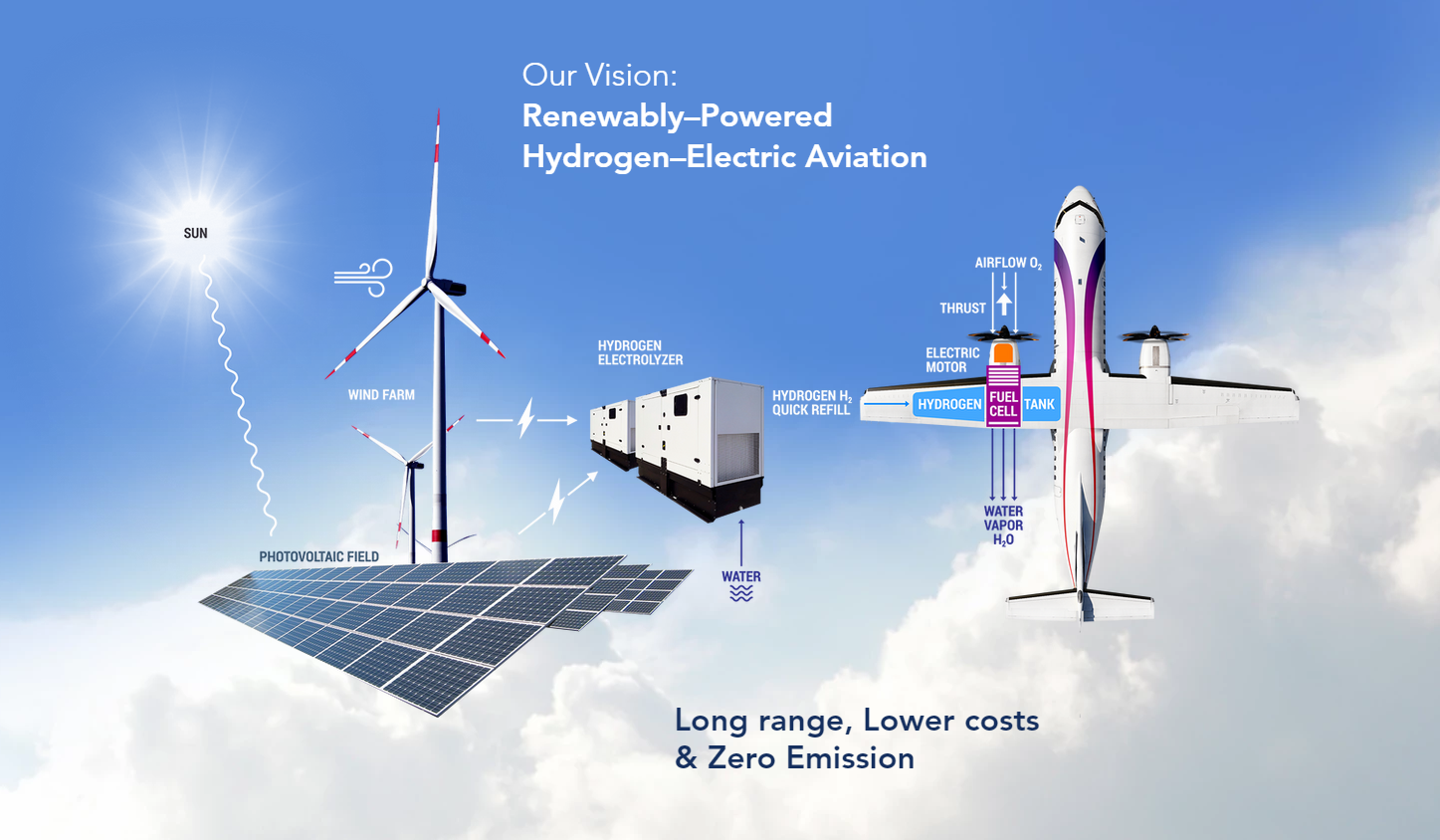Zero Carbon Flight
by Jack Dance, 26 April 2021
Another specific lifestyle choice that can have an impact on carbon footprints is the choice of means of travel. Post-pandemic international travel is expected to be as high as ever, with pent-up demand from the majority of people who have been unable to fly over the past 14 months. With the aviation industry accounting for about 1 billion tonnes of CO2 throughout 2019, it is clear the renewed surge in demand will have a detrimental impact on the environment. Although most major airlines offer voluntary carbon offsetting for flights many people are put off by the extra cost.
Enter Freedom Flight [1] - a challenge to make a zero-carbon emission flight between New York and London, with 100+ passengers. Organisers believe the prize fund, set to break the £10 million mark by 2025, will incentivise rapid innovation in this field, and expect the prize to be won before 2029. On innovation focus is to do for aviation what electric vehicles (EVs) are on track to achieve for motoring. For aviation however long range battery weights are currently much too heavy, so hydrogen fuel-cells as compact storers of large quantities of renewably-generated electricity are being considered. And with British firm ZeroAvia having completed a hydrogen-powered flight of a six-seater aircraft in 2020, commercial zero-carbon flight may become a reality sooner than expected.
Source: https://www.zeroavia.com
